|
...I invited several friends who'd shown up to give moral and logistical support to join Tom, Tommy and me for dinner at The Hunan House on Dublin-Granville Road which I'd suggested not only for its proximity to the recital hall, ...and yummy food. Among the dishes we tried were ...and I, to celebrate the success of the evening, had the House Roast Duck, While waiting for our food I wandered about the restaurant looking at the decor and snapping shots. While I stood studying it one of the wait staff came up to me and asked me if I knew what it was. When I told him that I didn't he replied that it was an earthquake detector. He then explained that the jaws of the dragons were hinged and held a ball. In response to a tremor under the earth the dragons' hinged jaws would fall open and drop the ball into the mouth of the frog. Hence when one heard or saw the ball dropping into the mouth of the frog one knew an earthquake was neigh. Now, I didn't think to ask the waiter how long in advance of the the earthquake's manifestation the balls dropped, but I assume t must have been before the the house started shaking, otherwise what would have been the point of the detector if not to warn one in time to seek safety?
As I looked at this beautiful object of practical art it occurred to me that if I had been a wealthy Chinese citizen back during whatever dynasty who could have afforded one of these in-home detectors, rather than conveying a sense of security and peace of mind, having a couple of these situated around the house would probably have caused me anxiety. And my kids, too. I can see them and me checking the frogs fifteen times a day to make sure that the balls were still in the dragons' mouths. I can see us dreaming about them. I can see me assuring my little ones every night as I tucked them in that there was absolutely nothing worry about, that Daddy and I would always keep them safe, that they should never fear, that we were all in God's hands, that everything would be all right, really and truly. I think I must have been dealing with some not-yet dissipated residual piano recital anxiety.
0 Comments
Of course, James bond never had to give a piano recital. Still, 007, in his wisdom, had it right, and though I spent the day of my students' recital paying a real windfall to some imaginary disaster that I couldn't even envisage, the evening went splendidly well. Maybe worry is just the price you have to pay to have things go well. Or maybe it had something to do with the fact that besides the attractive performance space, comfortable seating and awesome Steinways, ...our new performance venue at Graves Piano and Organ also offered rehearsal rooms so the students could warm up before their performances. One of my very friendly, motherly Posse members came to supervise the practices, which helped the students feel a bit more relaxed and confident, And so we came, ...and at the end the audience was, thankfully, stirred, not shaken.
Tonight is my piano students' spring recital. I've been having student recitals for going on two decades and I swear I've never been as nervous as I am about tonight, even though tonight's should be for me hundreds of percents easier than any recital I've ever had. The reason tonight should be easier is that I've changed both my recital venue and modus operandi. For years our piano recitals, held three times a year, have taken place in a large church auditorium, Subsequently my students, rather than dreading their piano recitals as frightening ordeals, have always looked forward to these social evenings, wanting to talk as the recital approached about the food, asking me whether an up-coming recital was the pizza or sub recital, wanting to know what sides and desserts there'd be, telling me about what yummy dish they were planning on bringing. Once a young student asked me about the theme of an approaching recital. Impressed by his intellectual precosity, I explained to him that what he 'e be playing was called classical music, and that the other pieces would be a mix of classical and modern music, with the younger students playing folk songs and beginner songs. Turned out he just wanted to know what we'd be eating afterwards. The food was a good thing. It took the kids minds off their performance nerves. But of course, the recitals, fun as they always were, were also a ton of work. There were chairs to be set up and taken down afterwards, the piano, too had to be moved before and after, ...there were pizzas and subs to be ordered and followed up on, food to be bought, prepared and set up, all the necessities to be hauled to and fro, Was there ever a another piano teacher in history who threw such lavish, affairs as moi? Eh, maybe. But I didn't know any. And though, I truth, I threw these labor intensive shindigs because, well, I liked to, I often wondered why other teachers I knew always got so stressed-out over their student recitals when all they had to worry about was their students' performances. Though I hardly knew from experience, I was convinced that putting together a student recital that didn't involve simultaneously putting together a gargantuan spread afterwards had to be a worry-free breeze, or at least it would be for me. Or so I thought. Last year it came to pass that I knew the time had come to seek out another location for our recitals, so I turned to the venue most used by Columbus piano teachers for students' performances, the recital hall at the Graves Piano and Organ store, ...but which offers no space for any kind of reception afterwards. However to my pleasant surprise my students' initial disappointment over the demise of their post-recital parties turned to excitement when they arrived for their dress rehearsal, took in the beautiful surroundings and tried out the Steinway, a touch-friendly instrument which they all loved playing, So the rehearsal went well, my students seem to be looking forward to performing in their new place and have been practicing in preparation, Everyone seems ready and everything seems in place. I have nothing to do between now and tonight. And I'm a bundle of fluttery nerves. Maybe two or three bundles, even. But why? In fact, it's not even as if I've never before had students perform at Graves. Back in 1999 I had a student recital there, except that it wasn't really my show. This time, however, I'm in charge, which somehow makes it feel all different.
But I think I figured it out when it hit me that there is now a big empty space in my brain that used to be filled to capacity on recital day with thoughts about tables, chairs, lighting, pizzas, soda, cup cakes, veggies and dip, cups, plates, eating utensils, serving utensils, and other logistical details too numerous to mention. I think that, nature abhorring a vacuum, a passel of stress and free-floating anxiety has moved into my brain to fill up the space that used to be filled with a big to-do list. I was too busy to worry much. Now I've got all day. I watched the debate between Hillary Clinton and Bernie Sanders last Sunday night. After listening to the Republican debate a few nights previous, watching this one felt like being in church. Still, a couple of the questions provoked a bit of aggressive back and forth between the former Secretary of State and the Senator though, thankfully, there was no needling each other about the sizes of their respective anatomical parts. But there was one question I found both interesting and problematic for the candidates, this question asked by moderator Don Lemmon: What racial blind spot do you have? I thought the question was interesting because it called for introspection and, if answered honestly, humility on the part of the candidates to admit to a human failing; and I thought it was problematic because how can one know what one's blind spot is while one is blind to it? Clinton and Sanders answered the question each as the best they could, each recounting personal experiences that they believed opened their eyes to the existence of the racial bias experienced by people of color in this country. But while the candidates were talking about the moments that made them aware of their racial blind spots I found myself recalling the recent moment that opened my eyes to a racial blind spot of my own. My blind-but-now -I-see moment arrived for me last week - as I'm guessing it might have for a few other Americans - while listening to comedian Chris Rock's remarkable Oscar monologue, specifically when he offered his take on racism in Hollywood: Is Hollywood racist? You know, that’s — that’s a — you know, you got to go at that at the right way. Is it burning cross racist? No. Is it fetch me some lemonade racist? No, no. It’s a different type of racist...Hollywood is sorority racist. It’s like — “We like you, Rhonda, but you’re not a Kappa.” That’s how Hollywood is. And so is everywhere else! thought I. Chris Rock's cleverly chosen words were for me an epiphany, and suddenly I understood why an African American friend once rolled her eyes when I opined that, though there was still racial injustice int his country, at least things were better than they once were. I was talking about "burning-cross-go-fetch-me-some-lemonade" racism. My friend was talking about "sorority racism" and all it encompasses, the things one can only understand who's ever been denied entrance to the club. Last Saturday night I went to see "Race" , It so happened that the theater in which "Race" was showing was located at the far end of the multiplex, down a hallway, around a corner, down another hallway.
On my way to the theater I was following several yards behind two black teen-aged girls who probably didn't know I was behind them when one said to the other, "See? They put the black movie at the back of the building!" She was joking, but Chris Rock's "Sorority Racism" metaphor flashed by my mind, which is probably what propelled me to hurry ahead and grab the door for them, since, typical kids, their hands were full with popcorn and soda. The girls thanked me politely and I said, "Oh, you're welcome, dears, I know how it is when your hands are full." They thanked me again and ended up finding two empty seats in the crowded theater next to the seat that Tom had saved for me. Then we were just four polite humans sitting next to each other in a movie theater, and when the lights went out we all lost our identity for two hours in the dark, all of us absorbed by the light and images on the screen. Recently I've been hearing - and you, too have probably been hearing - people declare that if Donald Trump gets elected president they're moving to Canada.
Last Friday morning while listening to Columbus news station WTVN I heard host Joel Riley's interview with Toronto, Ontario attorney Henry Chang on the subject and it turns out that moving to Canada is not so easy. According to Mr. Chang, unless you're sponsored by a Canadian employer who's bringing you in, acquiring Canadian citizenship ranges from difficult to impossible. The problem, Chang said, is that "a lot of Americans think we're the fifty-first state, but the thing is, Canadians have their own immigration laws and they're actually quite tough." Anyone wishing to apply for Canadian citizenship on their own, that is without a business sponsorship, must put their name in a lottery and wait until their name is picked. "So you may put in your name and you may never get an invitation to apply...or you could get an invitation, it could happen a year later." And that's just to wrangle and invitation to apply. Chang said that people can up their chances a bit: "The more educated you are, the more fluent you are in English and French, if you're within a certain age range, you get extra points." It also helps to have a master's degree in something. But, as Chang emphasized, "you can put in your application and you may never get an invite to apply." In other words, if you want to move to Canada to get away from President Trump, we could be three presidents past Trump before you even get your invitation. Maybe better to just get out and vote for someone other than Trump. Reference: http://610wtvn.iheart.com/media/play/26784832/ Did you listen to Thursday night's Republican debate? Were you afraid? Were you very afraid? I did. And I was. Very afraid. It wasn't the debate as a whole that gave me the creeps, though the whole thing was kind of a horror comedy, starring candidates for the office of the President of the United States who sounded about as presidential as a bunch of grody middle-school boys, tossing silly taunts at each other and quipping about you-know-what size. What scared me, has scared me before and scared me again Thursday night, was hearing Donald Trump's pronouncements that when he's president he will make people do what he wants. Trump bragged again about how he's going to build a wall - 40, 45, 50 feet high, higher if he wants - along our border with Mexico and reiterated that Mexico will pay for that wall - he will make the Mexicans pay for his wall. But exactly how will Trump make them pay? He's spouted some nonsense about trade deficits and tariffs, but Mexico's leaders have already shot back that they won't pay a cent for Trump's wall. So what is Donald Trump prepared to do to bend Mexico to his will? Induce the financial - and consequent literal - starvation of Mexico? Send in troops? Start a war? Who knows? Or might he even mean none of it, about the wall and making Mexico pay? Trump has said that as president he would order the U.S. military to use torture in interrogations and kill the families of terrorists. When one of the debate moderators pointed out to him that former CIA director General Michael Hayden said that such orders were illegal and members of the Military would refuse to carry out such orders Trump, sounding like a spoiled snooty preppy dripping conceit replied, "They won't refuse. They're not going to refuse me. Believe me." I got fear-chills wondering what a President Trump, puffed up with arrogant self-importance and pomposity would do to our soldiers to force them to torture prisoners and murder women and children. Torture them? Go after their wives and children? But then last night Trump issued a just-kidding about ordering the military to commit war crimes if he's elected president. Turns out his "They're not going to refuse me" line played very, very badly with the public and so he announced that as president he would not order a military officer to disobey the law. One of his spokespersons also added that Donald Trump had been misunderstood. When he said he wanted the military to engage in torture and murder he didn't really mean torture and murder. So what did he really mean, then? What does Donald Trump ever really mean? What he says the first time? Or what he says the second time after he's been called out for what he said the first time? Or none of anything he says? Be afraid. Be very afraid.
References: 1. "Donald Trump reverses position on torture, killing terrorists; families", By Ryan Browne and Nicole Gaouette, Cnn, March 4, 2016. http://www.cnn.com/2016/03/04/politics/donald-trump-reverses-on-torture/index.html 2. The Fox News GOP debate transcript, annotated, Team Fix, The Washington Post, March 3, 2016. https://www.washingtonpost.com/news/the-fix/wp/2016/03/03/the-fox-news-gop-debate-transcript-annotated/ 3. "Trump Says He'd Force Military To Commit War Crimes", The Washington Times, March 3, 2016, http://www.washingtontimes.com/news/2016/mar/3/donald-trump-says-hed-force-us-military-commit-war/ 4. "Trump proposes ways to make Mexico pay for immigrants"', By Sopan Deb, CBS News August 16, 2015. http://www.cbsnews.com/news/donald-trump-border-wall-immigration-plan-mexico-pay/ One of my friends posted this on Facebook: I thought this was funny. But not too funny. Because there's more truth than joke to Mr. Schuchat's bon mot. In fact what makes Donald Trump a right-down dangerous choice for President of the United States, besides the fact that he's pathologically egotistical, jaded, self-obsessed, nasty, childish, vulgar, sexist, racist, rude, crude, cruel, crass, gross, vengeful, faithless, truthless, and running on empty in the policy department, is his short interest span and constant need for new diversion. According to a January 16, 2016 New York Times article by business writer David Segal, Donald Trump has a history of stopping at nothing to get what he wants but then after making his conquest quickly losing interest in his acquisition and setting back out on the prowl for the thrill of a new chase. Mr. Segal recounts Trump's long-time obsession with owning the New York City landmark Plaza Hotel. ....which he finally acquired in 1988 by dazzling its owner with an exorbitant offer of $400 million, an unheard-of amount for a hotel back then and hundreds of millions more than the hotel was worth at the time. Within a year The Plaza was running $74 million in the red. Mr. Segal writes of Trump's lack of focus: "But Mr. Trump didn’t spend a lot of time sweating over the Plaza’s finances. He was too busy with new challenges. A few months after the Plaza deal closed, he purchased the Eastern Air Shuttle for $365 million, and in 1990, he opened the Trump Taj Mahal casino in Atlantic City, which cost $1 billion to build. Some of the loans he took out to pay for deals were personally guaranteed. 'The fact is, you do feel invulnerable,' Mr. Trump told Timothy O’Brien, author of “Trump Nation,” discussing this period in his life. 'And then you have a tendency to take your eye off the ball a little bit and hunt around for women'." By the early 1990's Donald Trump had racked up over $3 billion in loans which went into default and the Plaza fell into foreclosure along with his other high-priced acquisitions. Though at this point he was facing personal bankruptcy, the banks to whom he owed billions decided that Donald Trump was too big to fail and worked out a deal requiring him to sign over his assets in exchange for which the banks "provided him with $450,000 a month to operate his business and cover personal expenses. It was so tight a leash that when Marla Maples, his girlfriend at the time, turned up on television waving the costly Harry Winston diamond she’d been given as an engagement ring, the paymasters wanted a word with the groom-to-be. 'I didn’t buy it', Mr. Trump said, according to Mr. Pomerantz. It was a three-month loaner, given in exchange for on-air mentions of Harry Winston. A spokeswoman for Mr. Trump called that story 'completely false.'" According to Mr. Segal, Donald Trump's grab for and loss of The Plaza exemplifies his weakness, "a kind of hungry impatience that left him searching for new trophies as soon as one had been acquired in business dealings." He further writes: "The Plaza deal also demonstrated both his intense drive and ambition as well as his tendency to spread himself dangerously thin as he looks for other conquests. Abraham Wallach, a former executive at the Trump Organization, said Mr. Trump ...had a hopeless addiction to notoriety and was always prowling for another deal that would gain attention and enhance his status. 'I’ve been shocked he has demonstrated such focus during the presidential campaign,' Mr. Wallach said. 'In business, he would focus for about two or three days before the closing, and after that he would lose interest.'" According to Politifact, Donald Trump has run four properties into bankruptcy over the years: The Trump Taj Mahal in 1991, The Trump Plaza Hotel in 1992, Trump Hotels and Casino Resorts in 2004 and Trump Entertainment Resorts in 2009. Writes Mr. Segal, ”In fact, the more you know about Mr. Trump's past, the more his run for high office looks like an effort to close the biggest deal of his life.' And should he close that deal, where will he turn for his next thrill? With the power and financial resources of the Presidency of the United States at his fingertips, the possibilities are endless. And terrifying. References:
1. What Donald Trump’s Plaza Deal Reveals About His White House Bid, David Segal, The New York Times, January 16, 2016. http://www.nytimes.com/2016/01/17/business/what-donald-trumps-plaza-deal-reveals-about-his-white-house-bid.html?_r=0 2. Fact-checking claims about Donald Trump's four bankruptcies, Lauren Caroll and Clayton Youngman, Politifact, September 21st, 2015. http://www.politifact.com/truth-o-meter/statements/2015/sep/21/carly-fiorina/trumps-four-bankruptcies/ |
"Tropical Depression"
by Patti Liszkay Buy it on Amazon: https://www.amazon.com/dp/B0BTPN7NYY "Equal And Opposite Reactions"
by Patti Liszkay Buy it on Amazon: http://amzn.to/2xvcgRa or from The Book Loft of German Village, Columbus, Ohio Or check it out at the Columbus Metropolitan Library
Archives
April 2024
I am a traveler just visiting this planet and reporting various and sundry observations,
hopefully of interest to my fellow travelers. Categories |

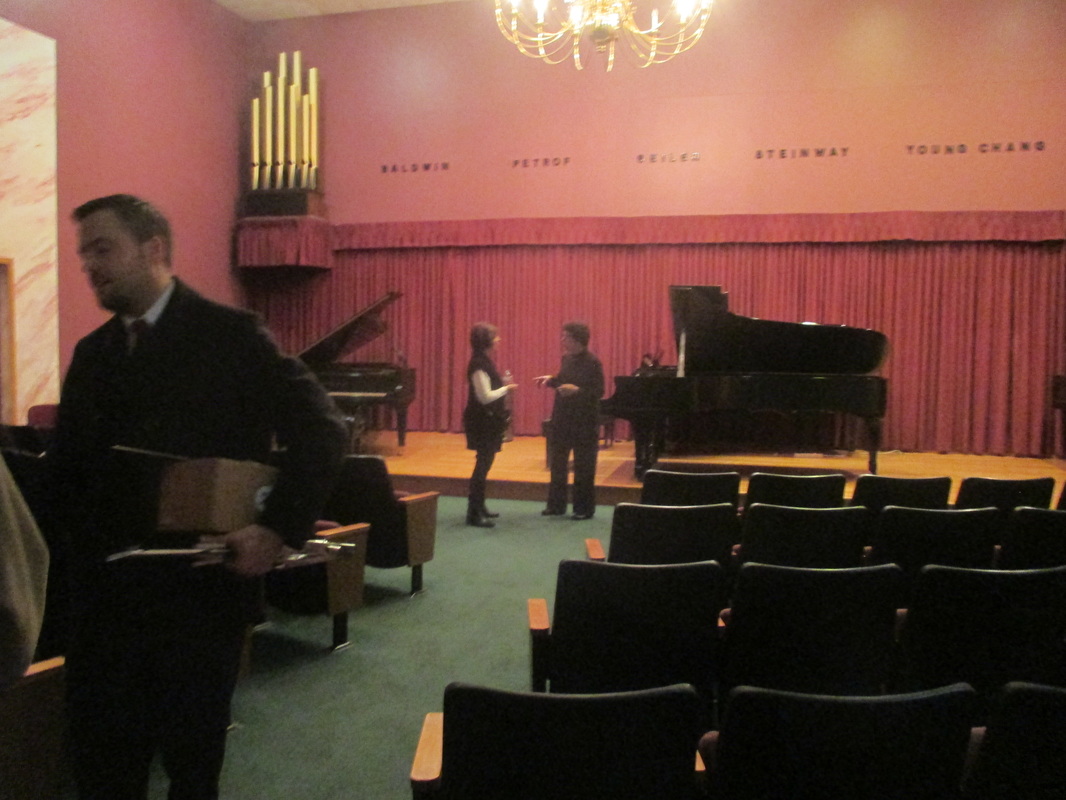
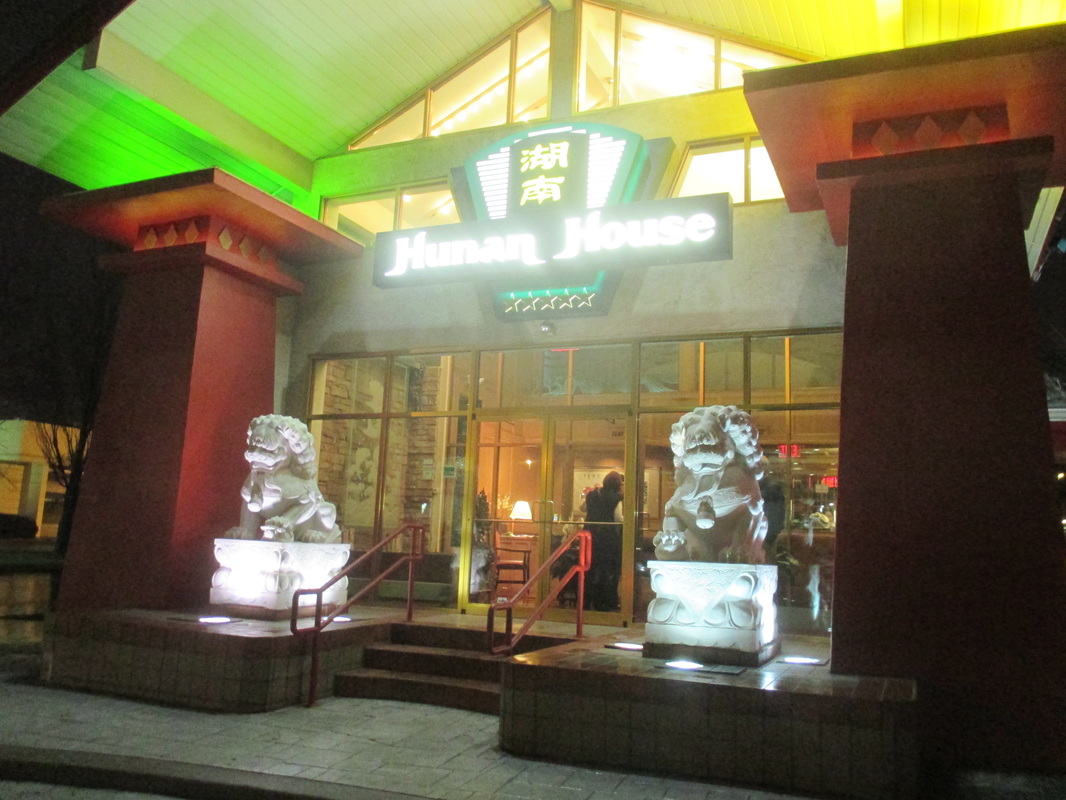
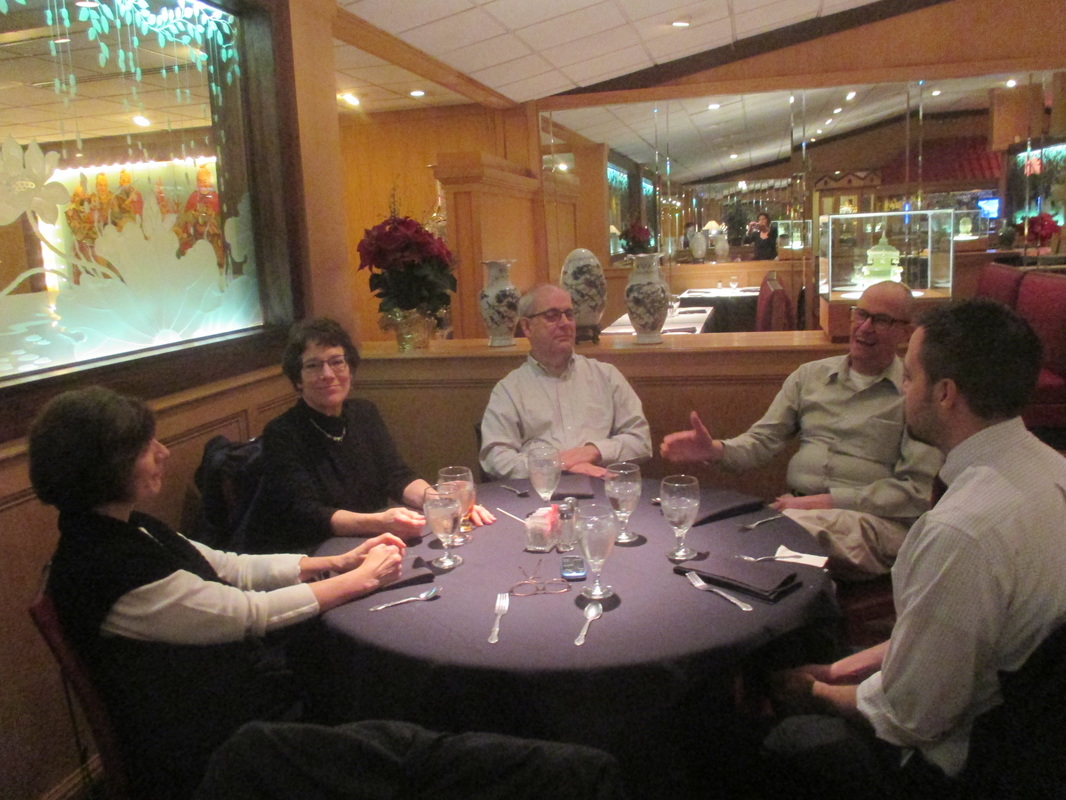
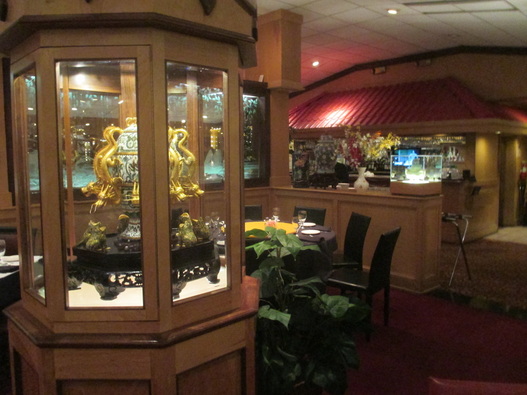
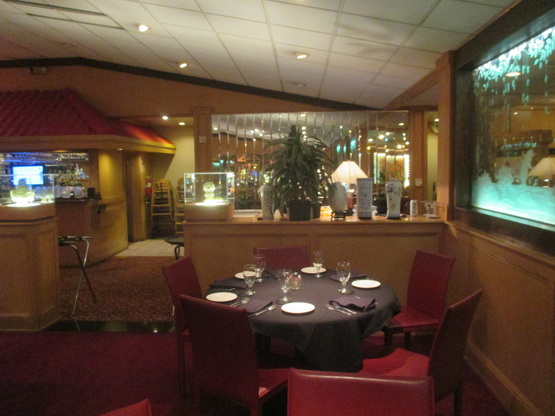
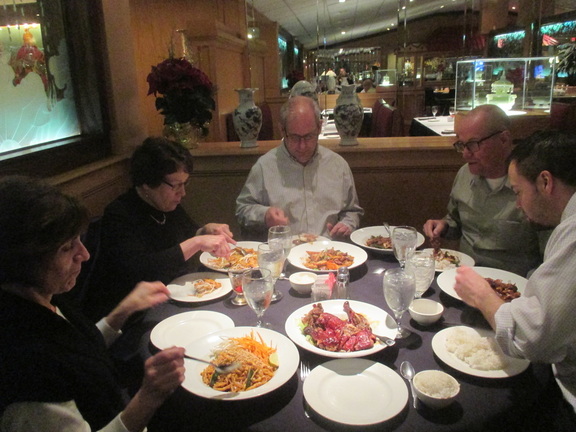
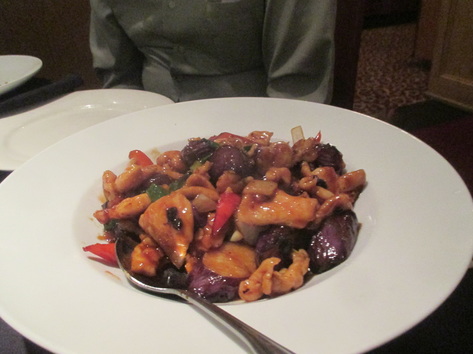
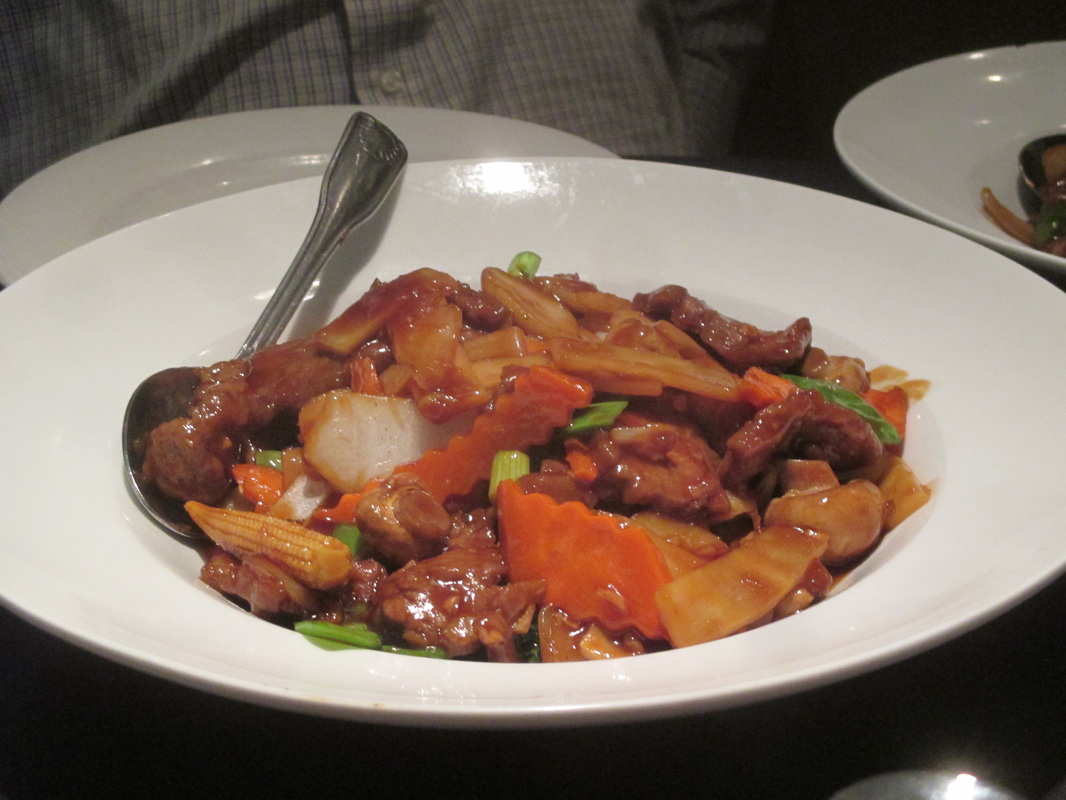
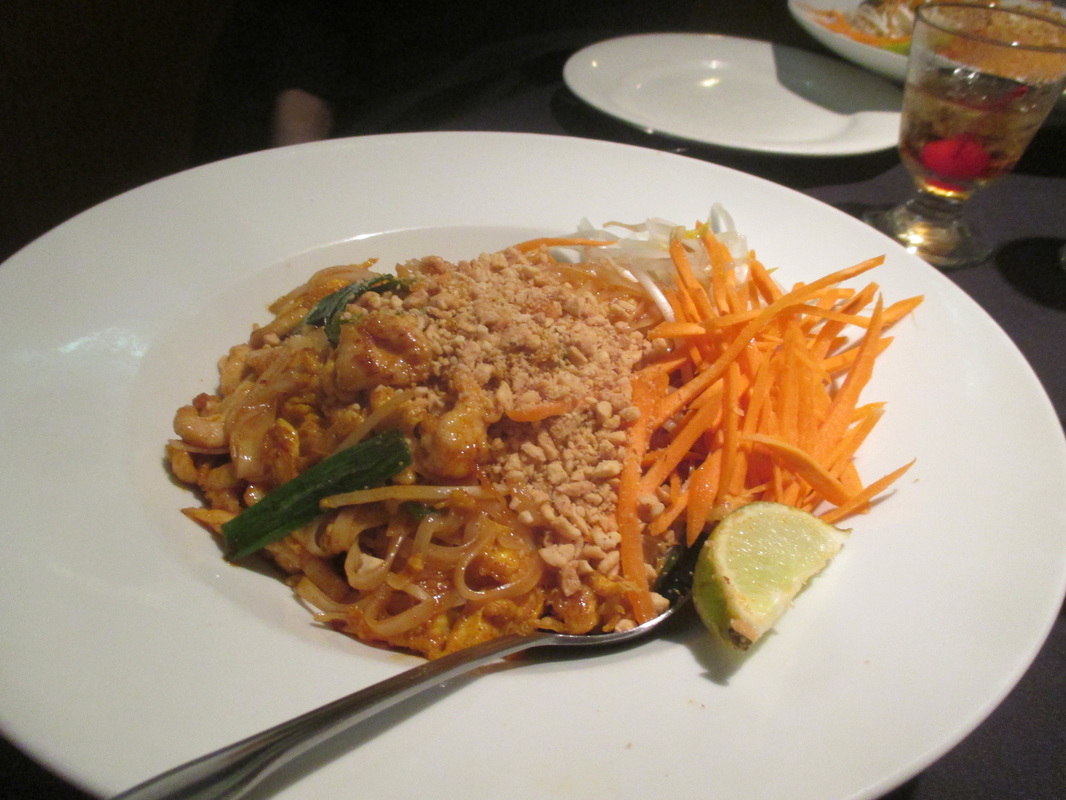
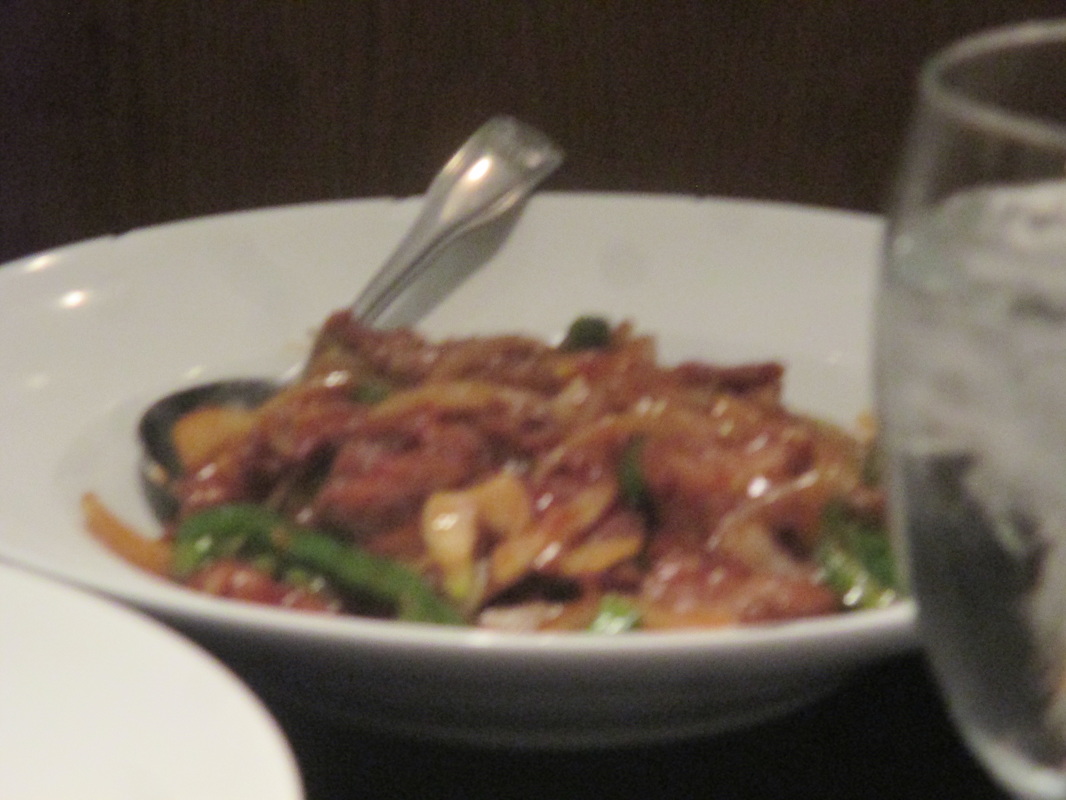
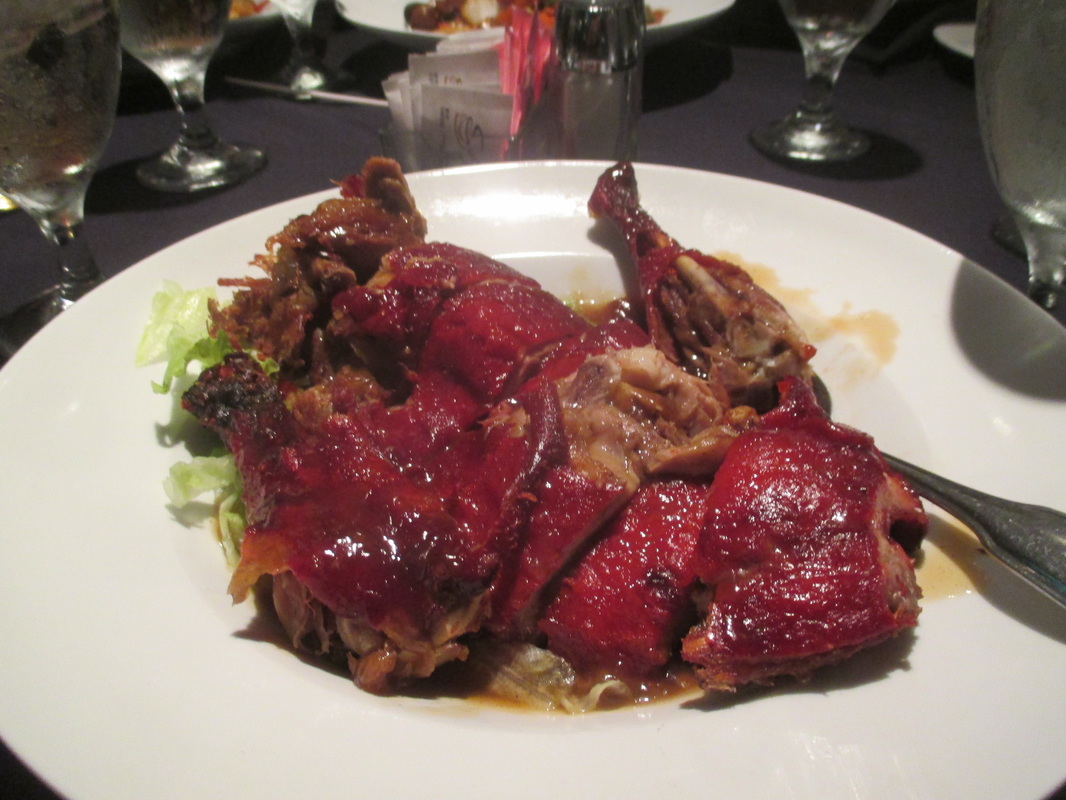
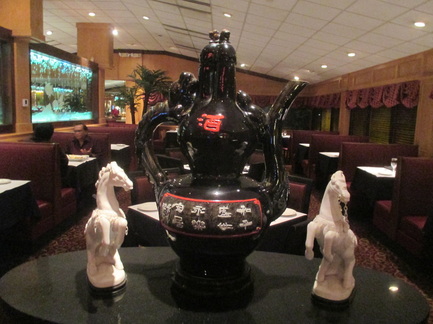
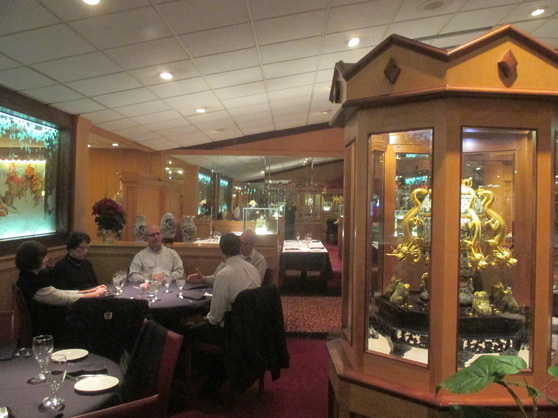
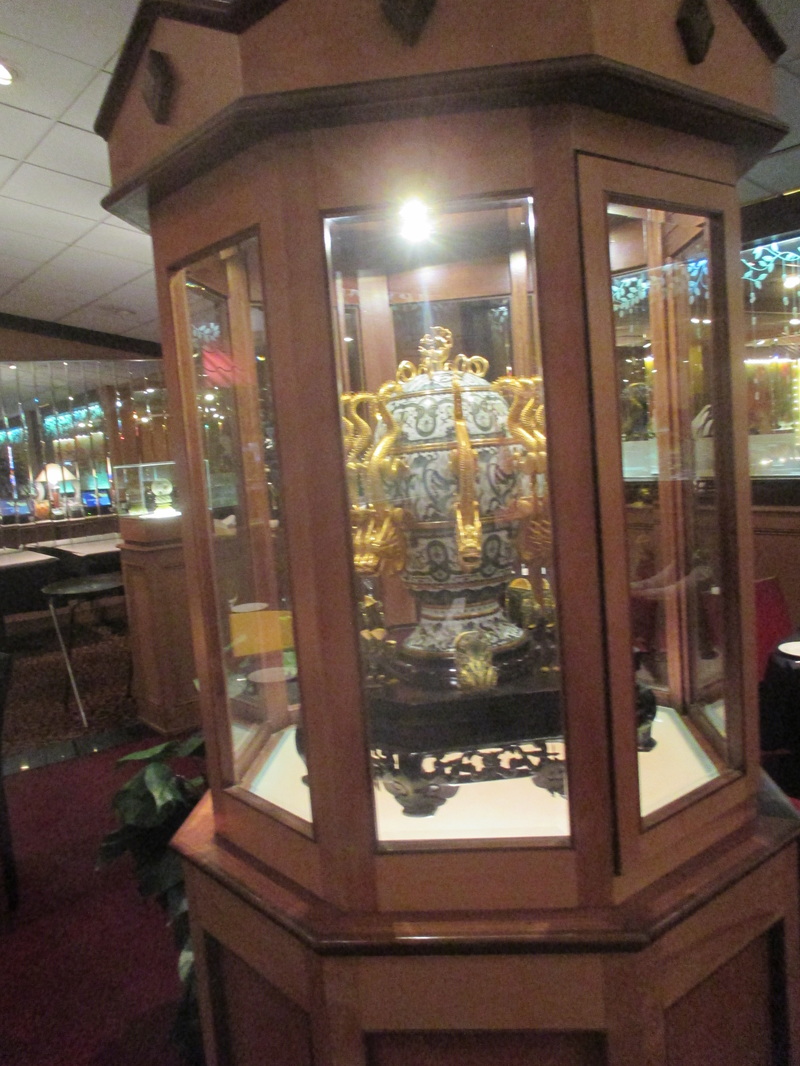
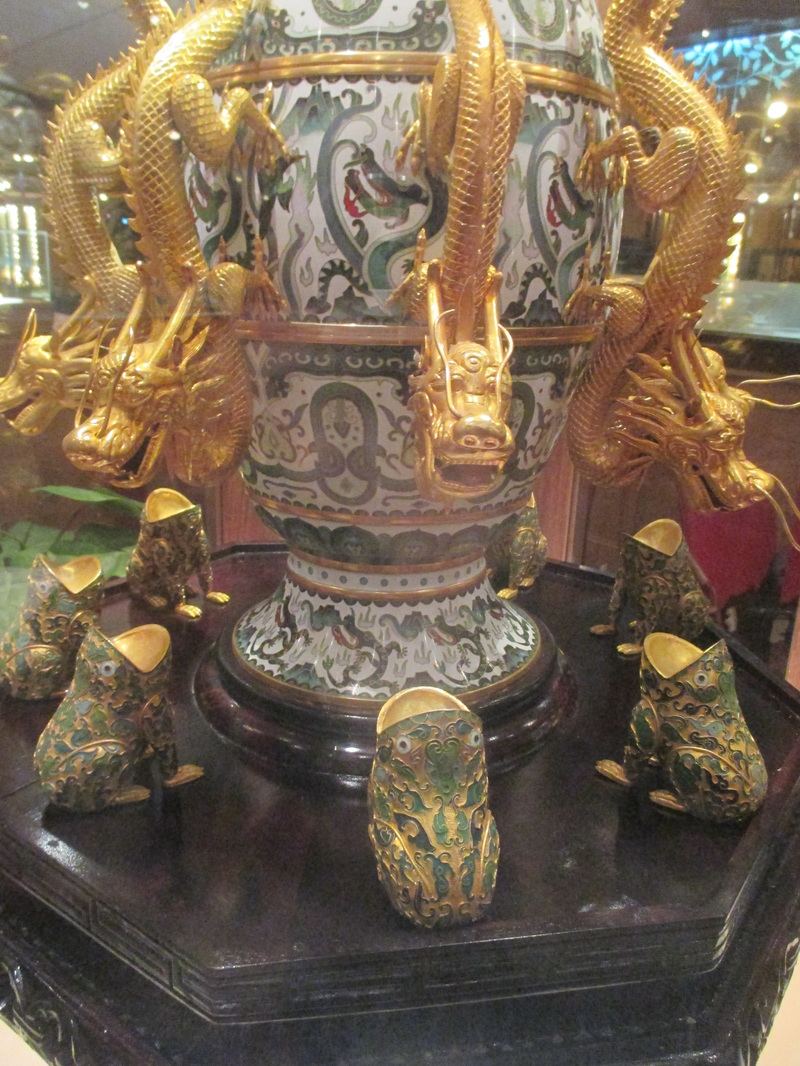
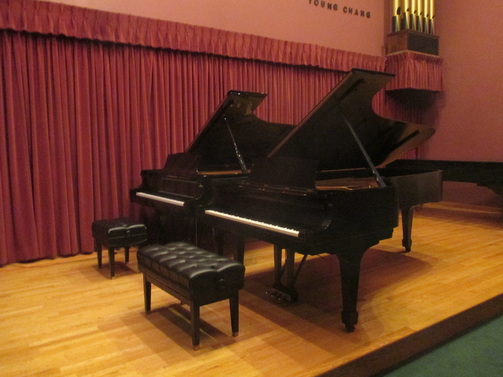
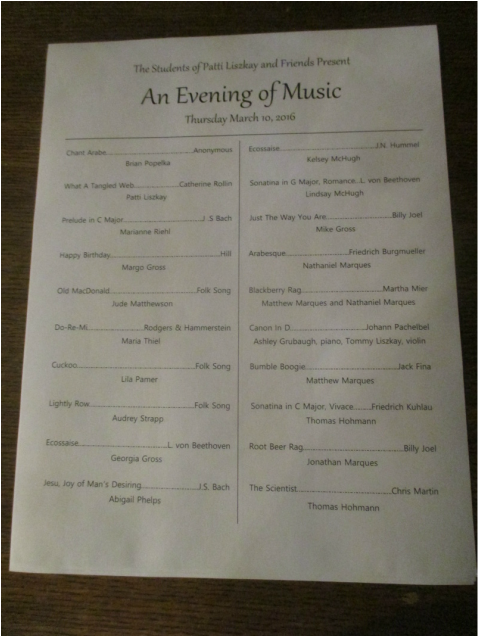
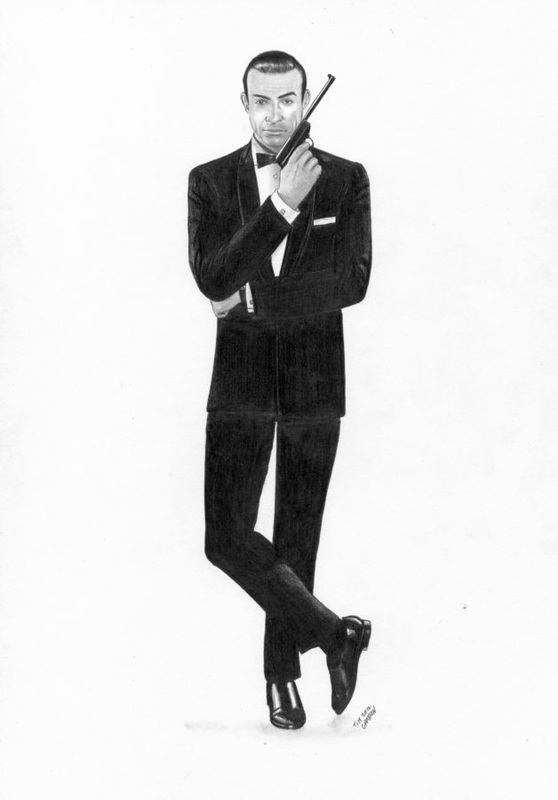

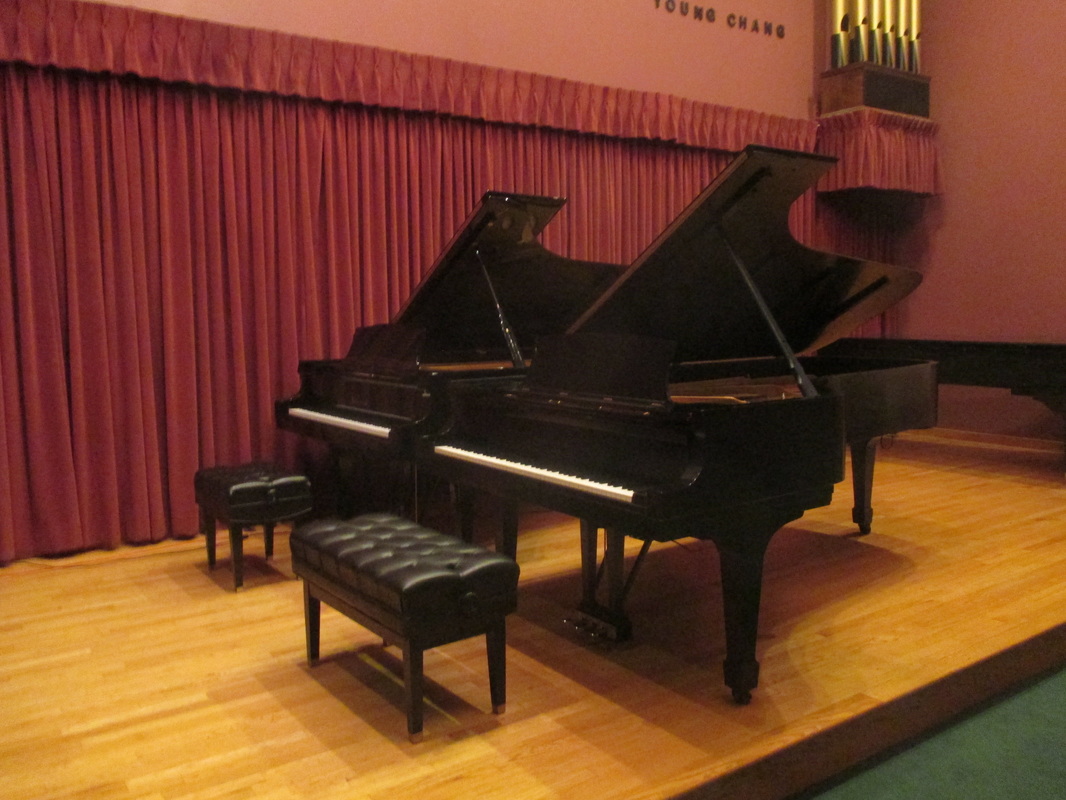
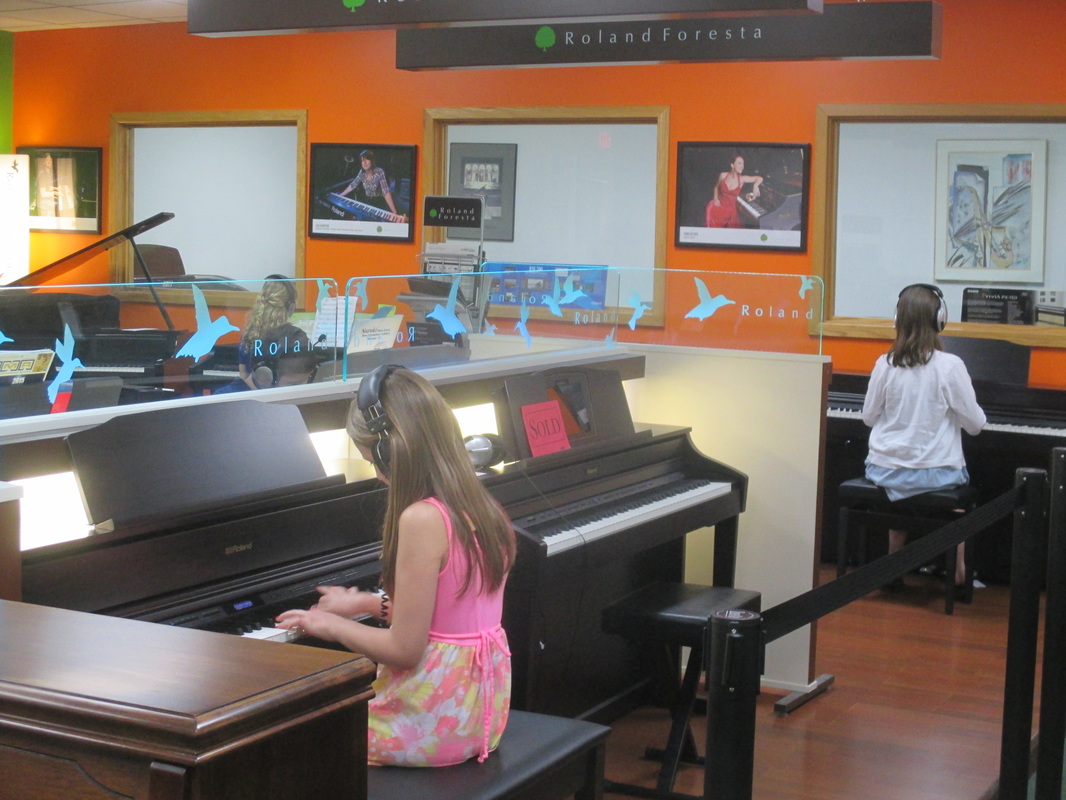
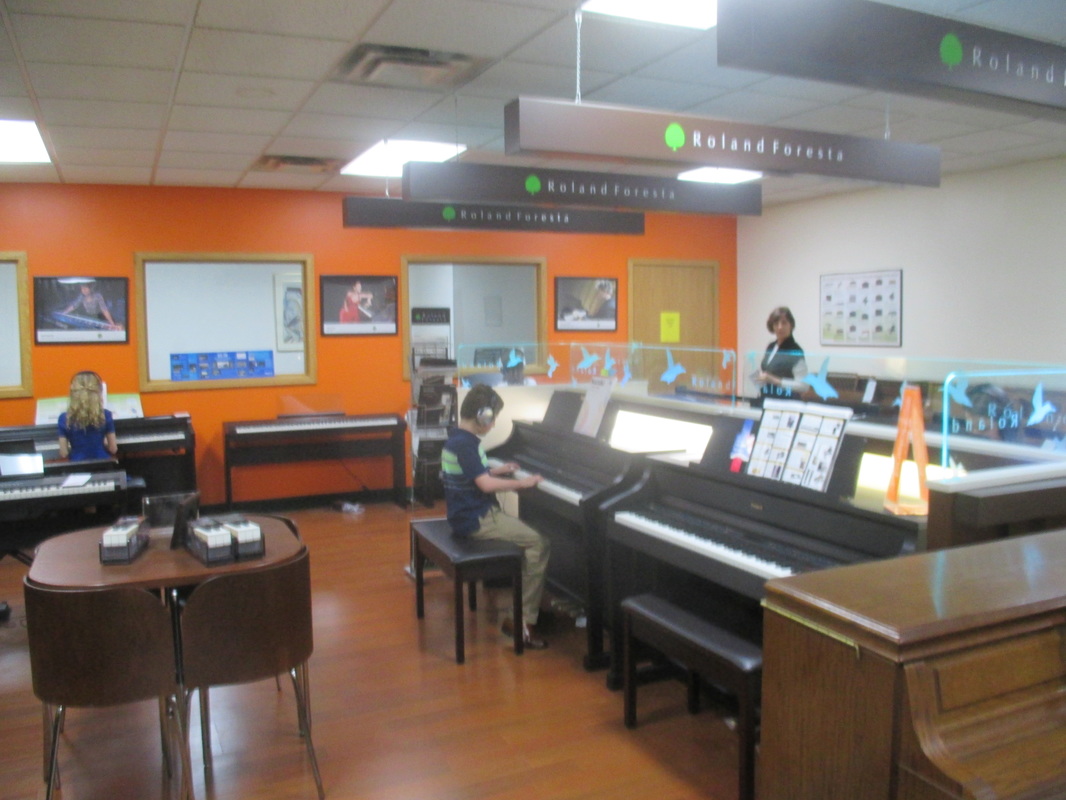
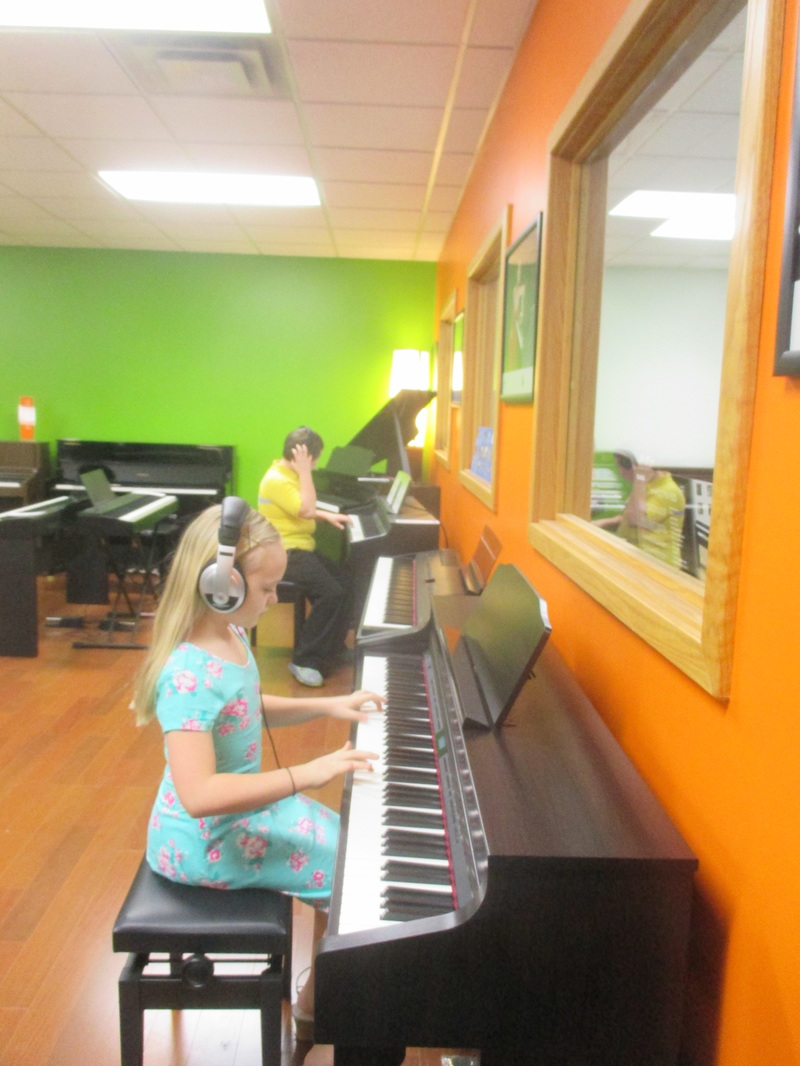
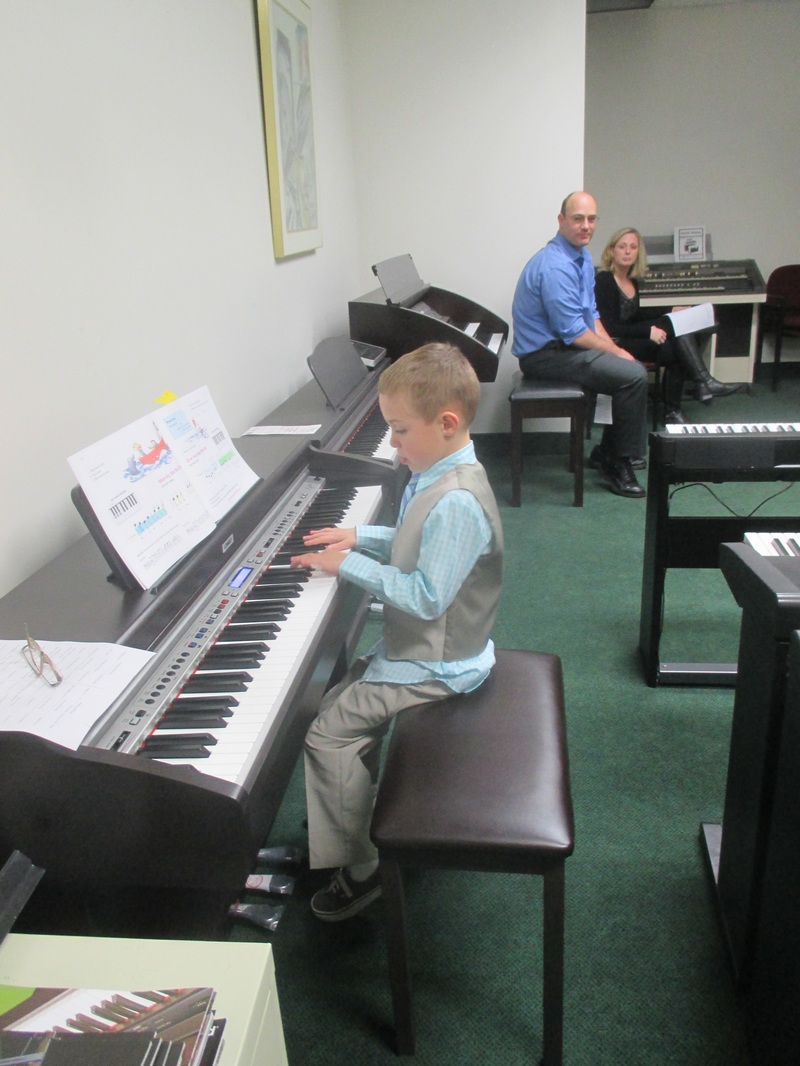
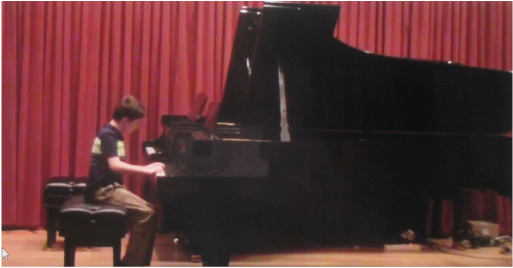

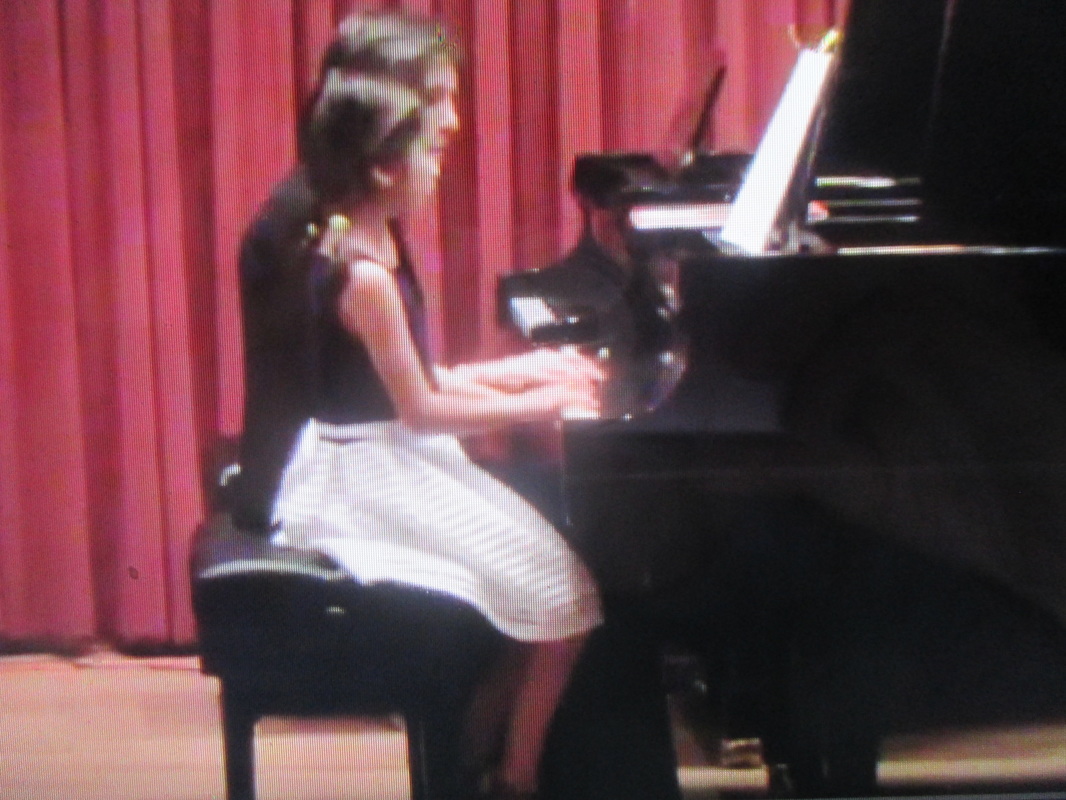

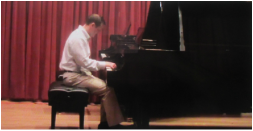
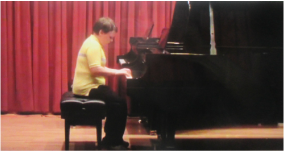
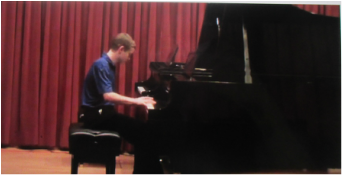

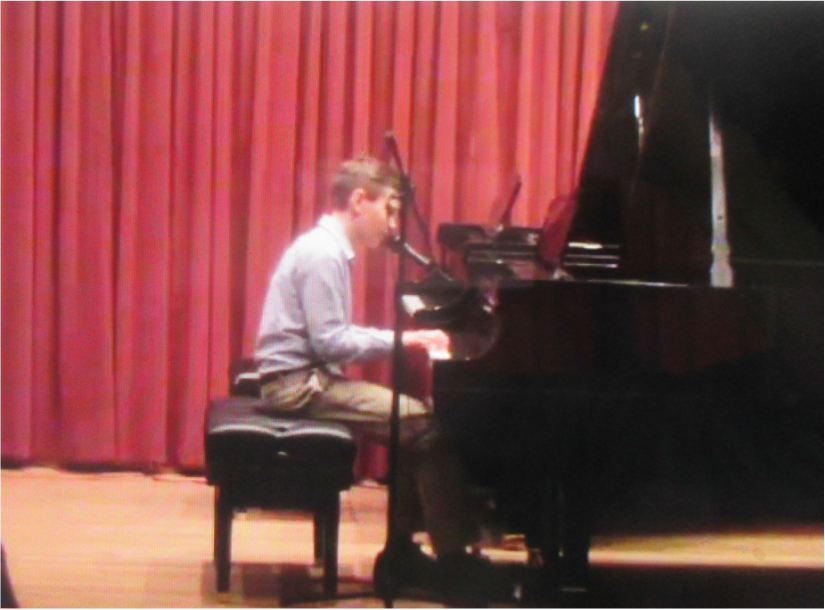


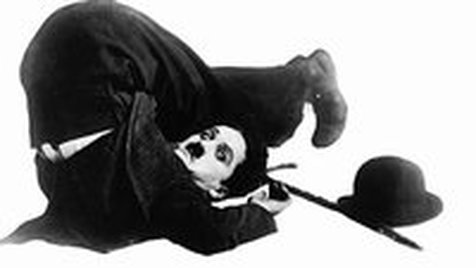
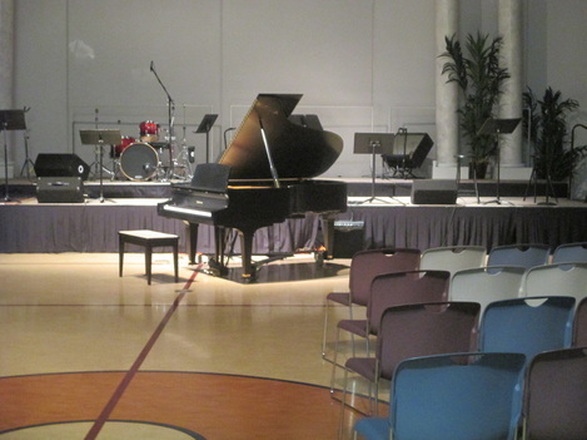
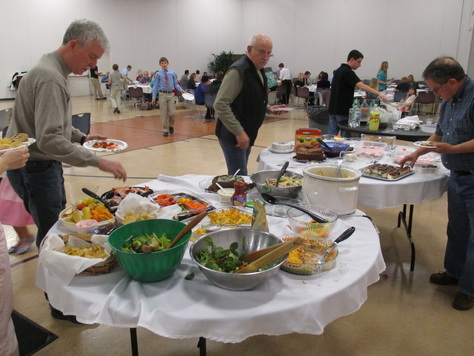

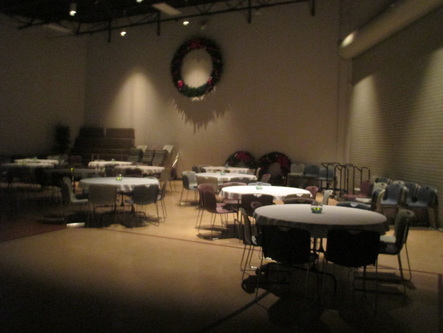

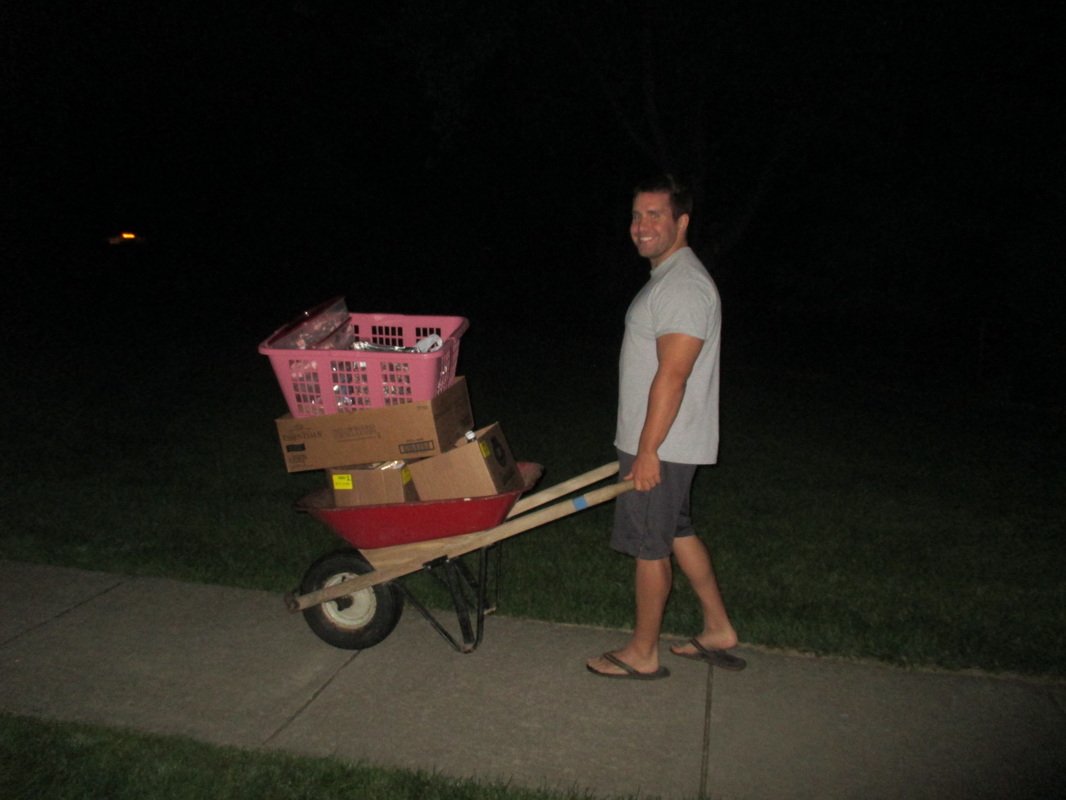




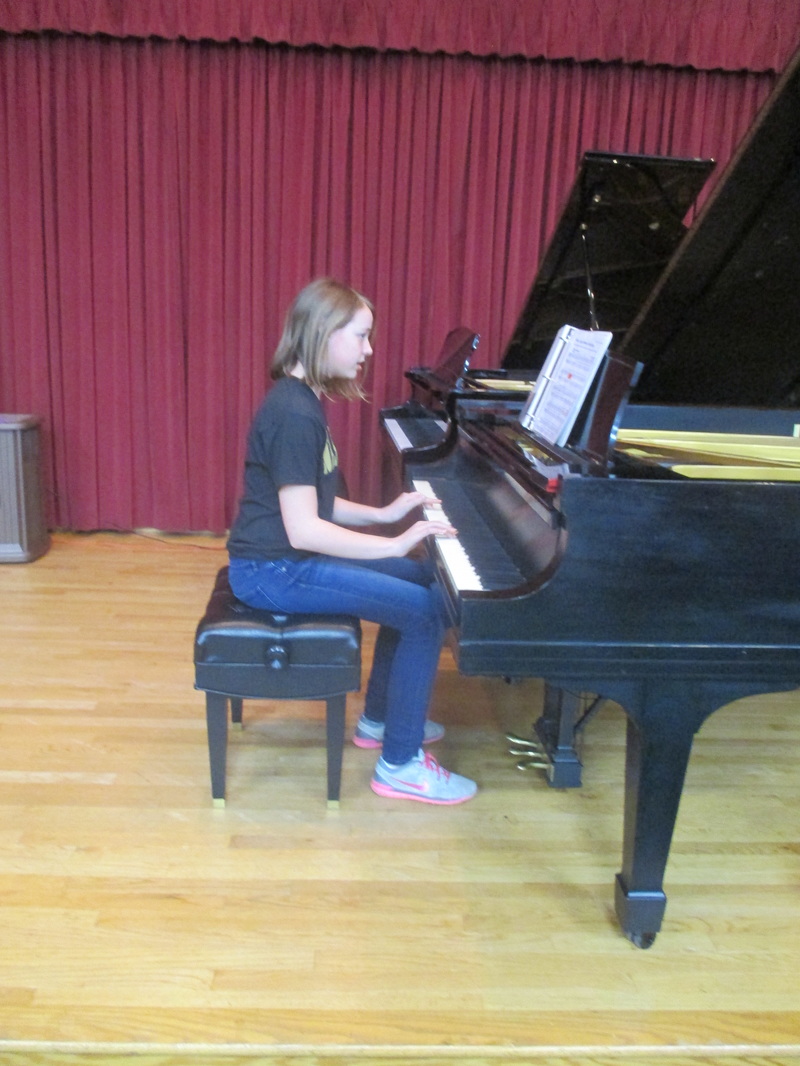

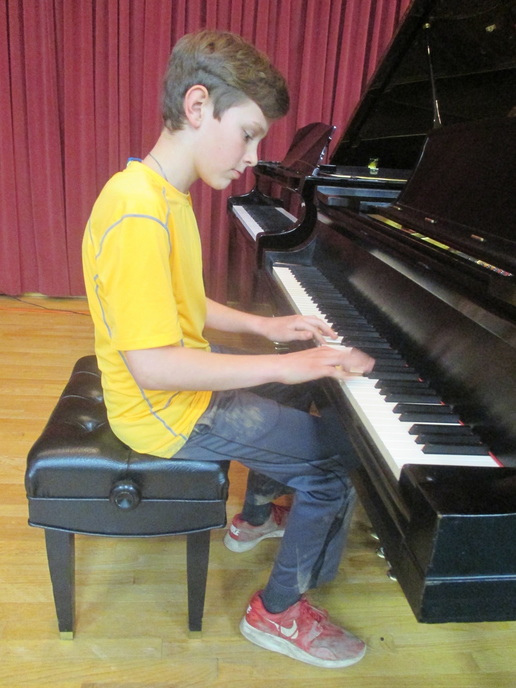
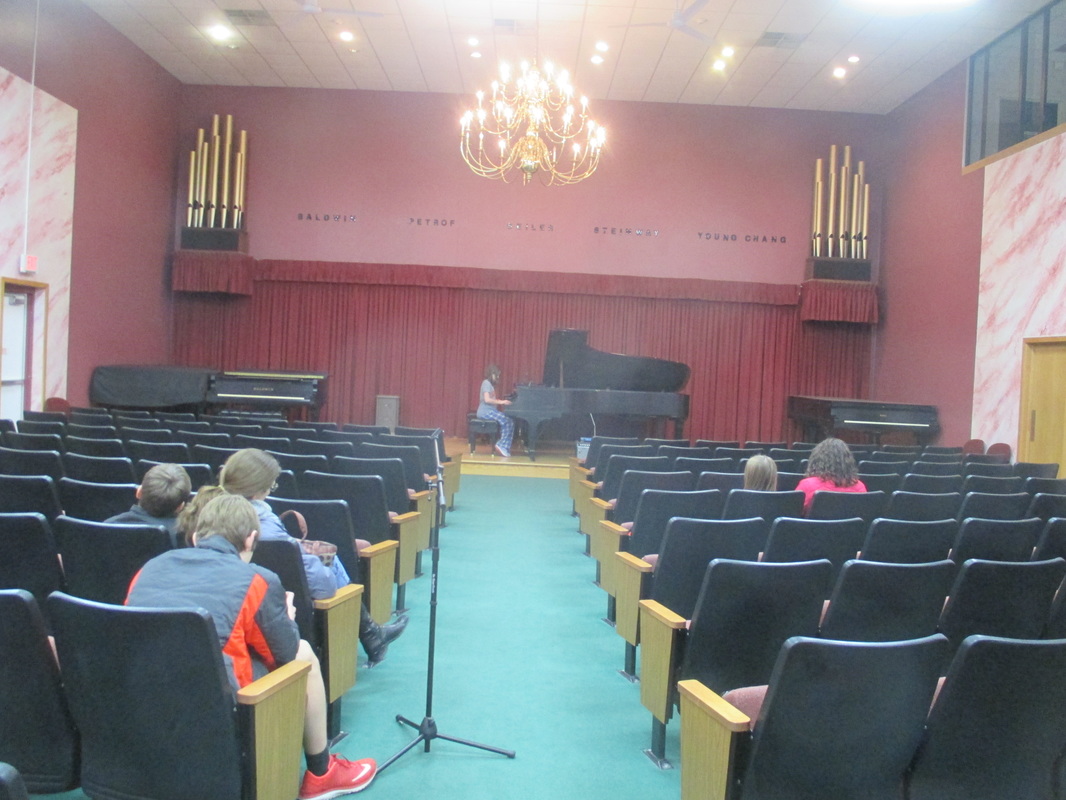

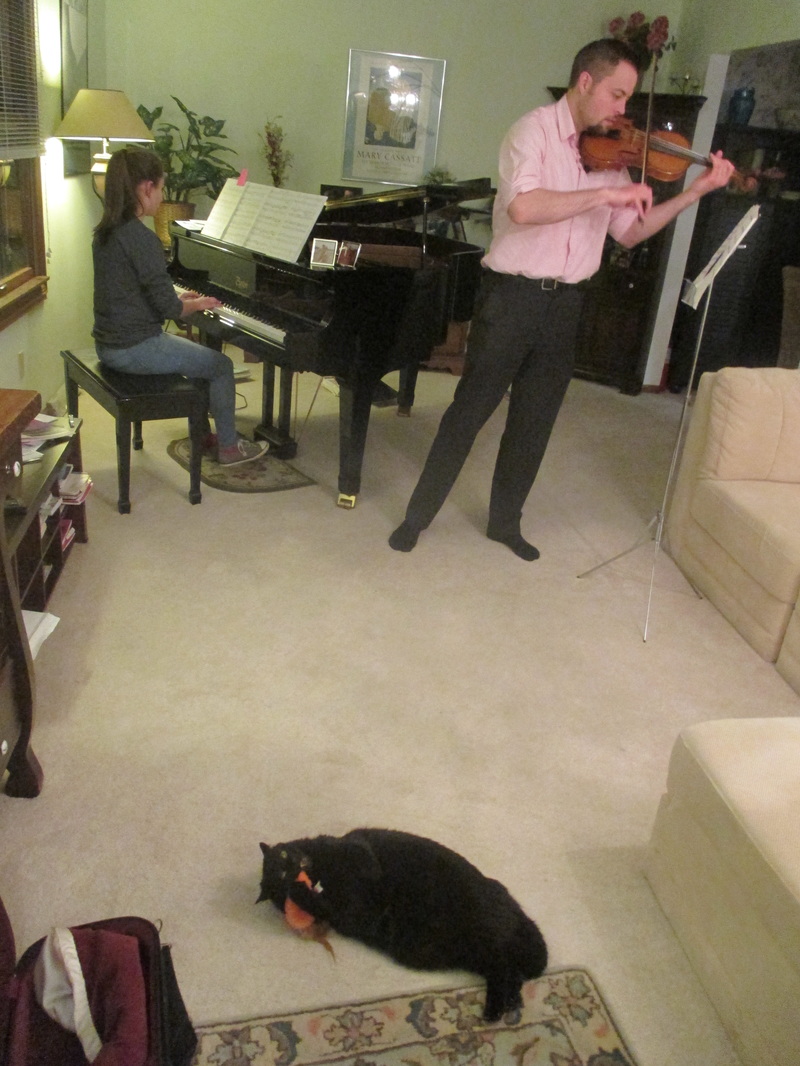
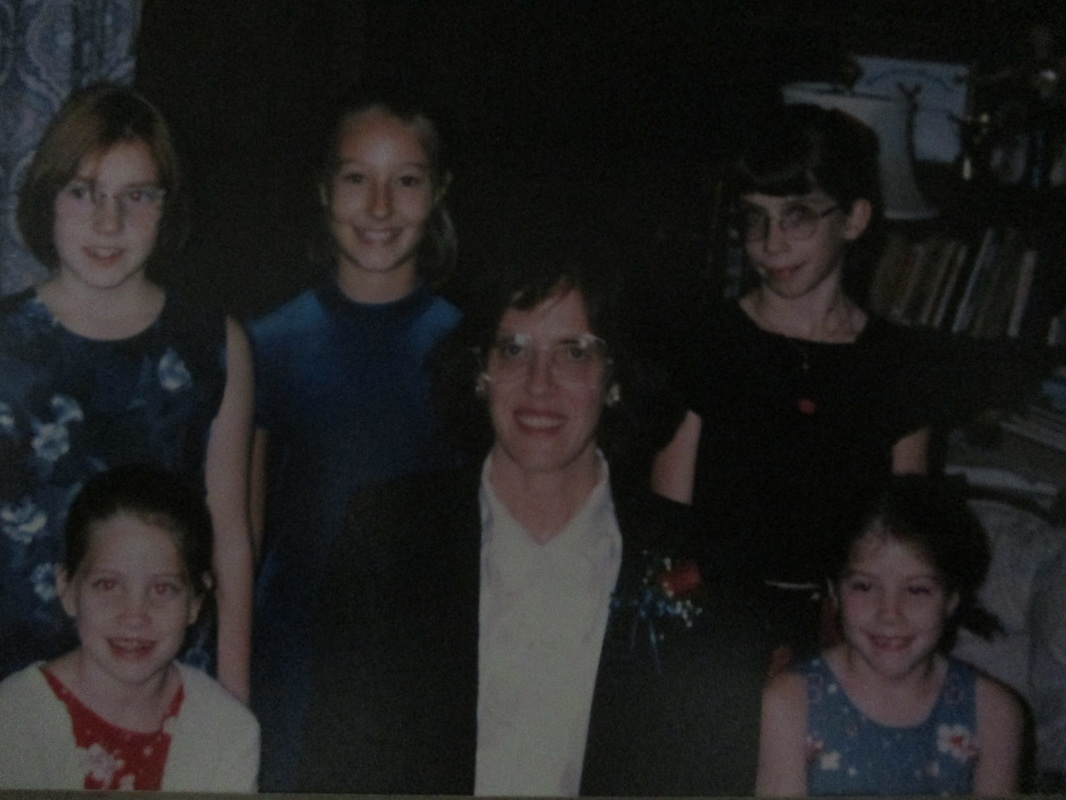
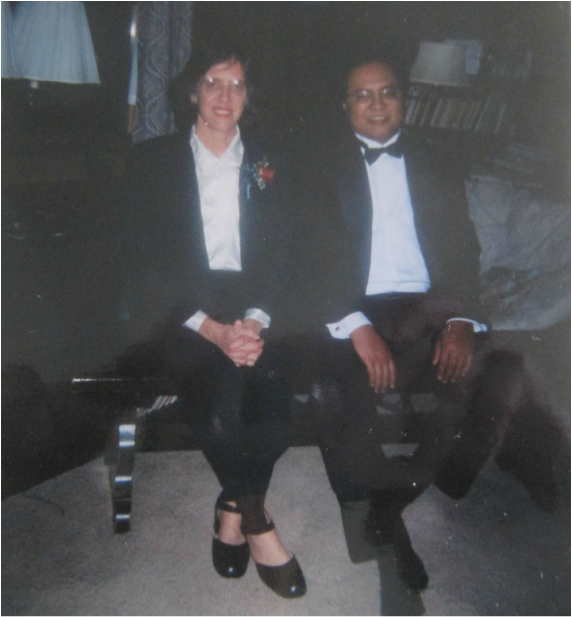




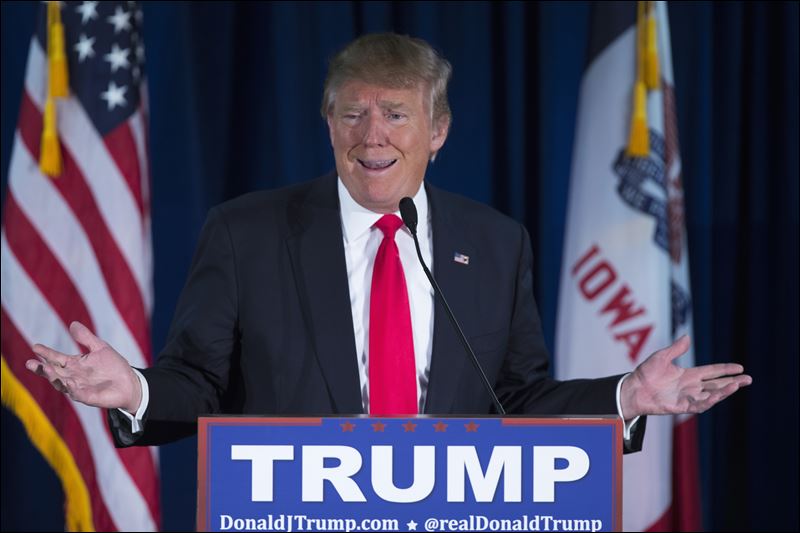


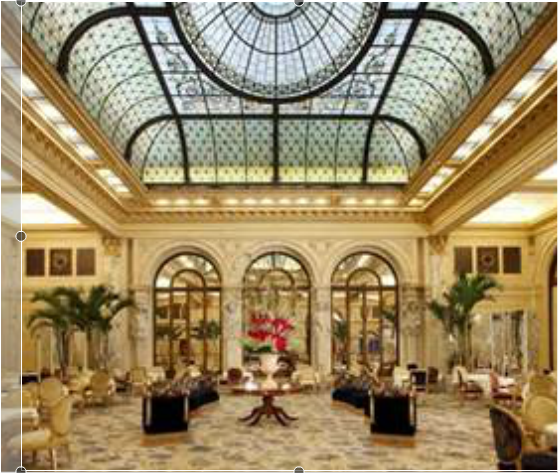
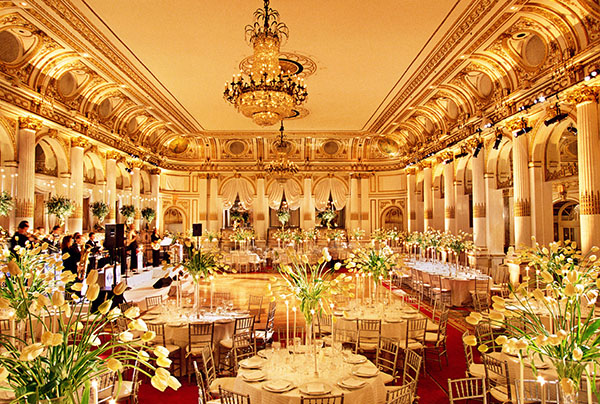
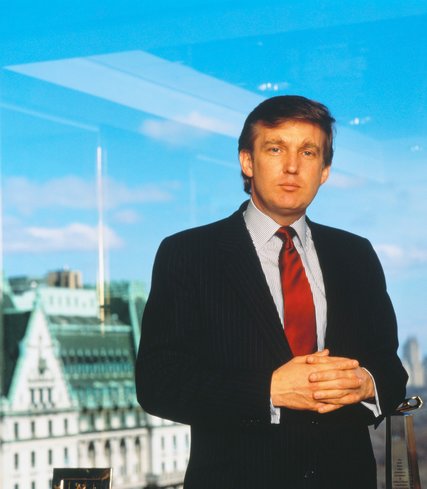
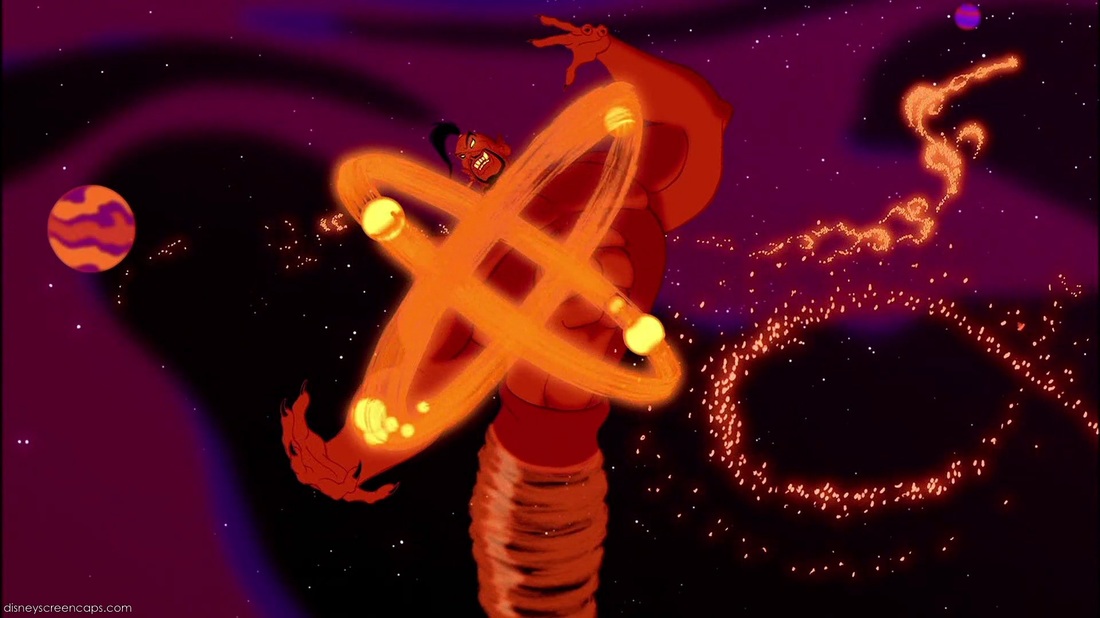


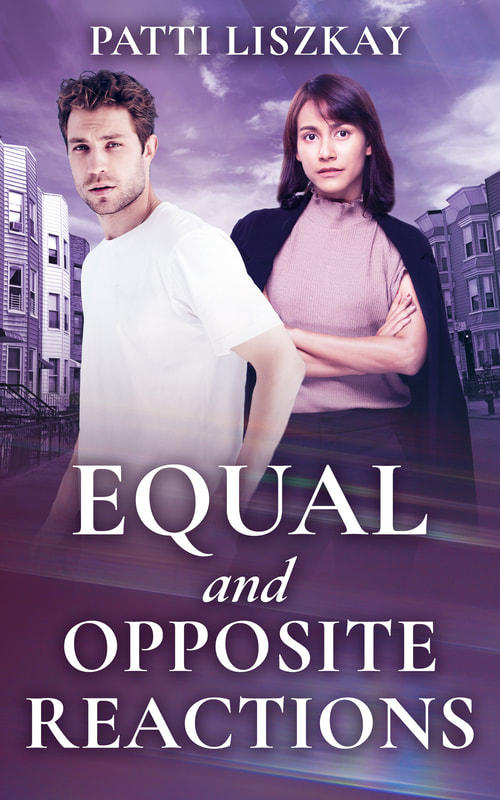
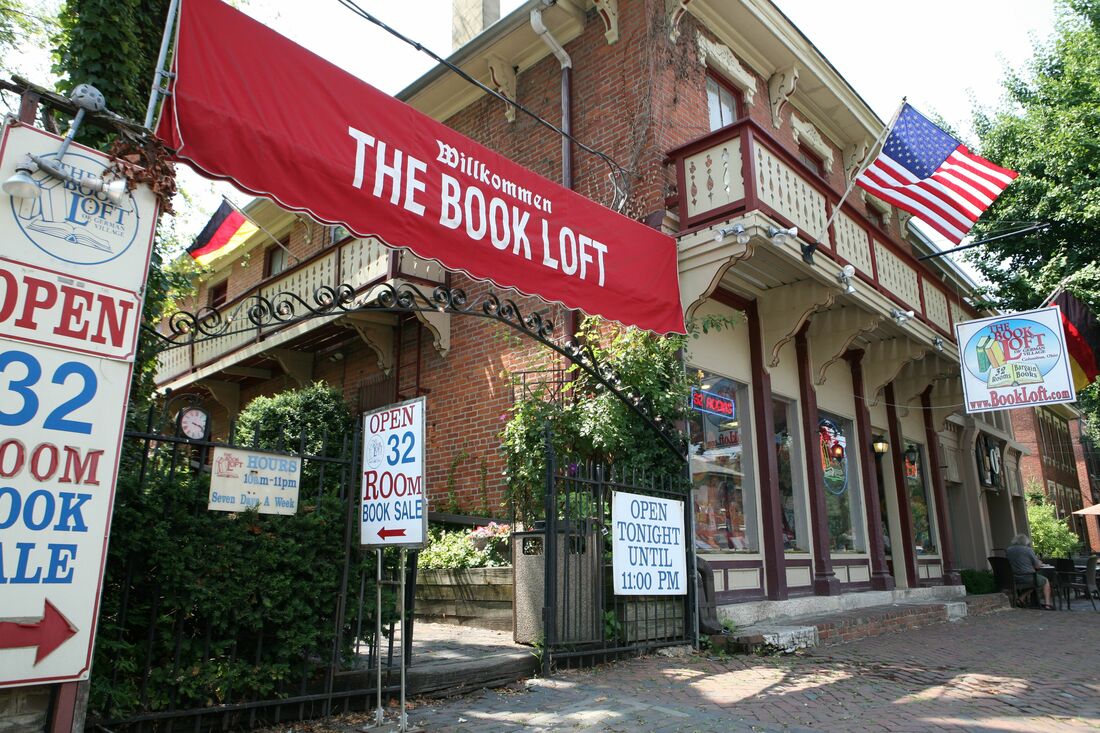

 RSS Feed
RSS Feed